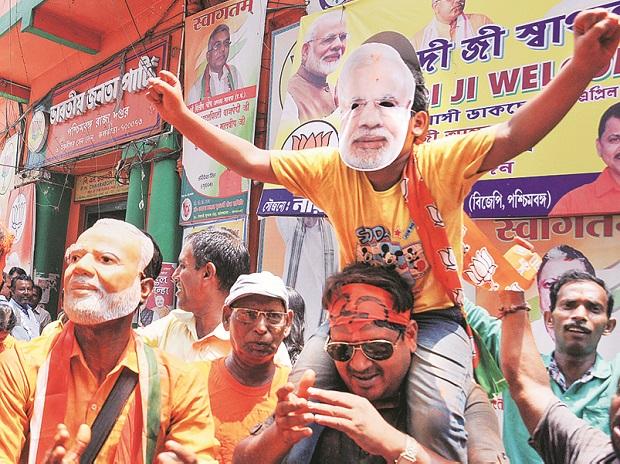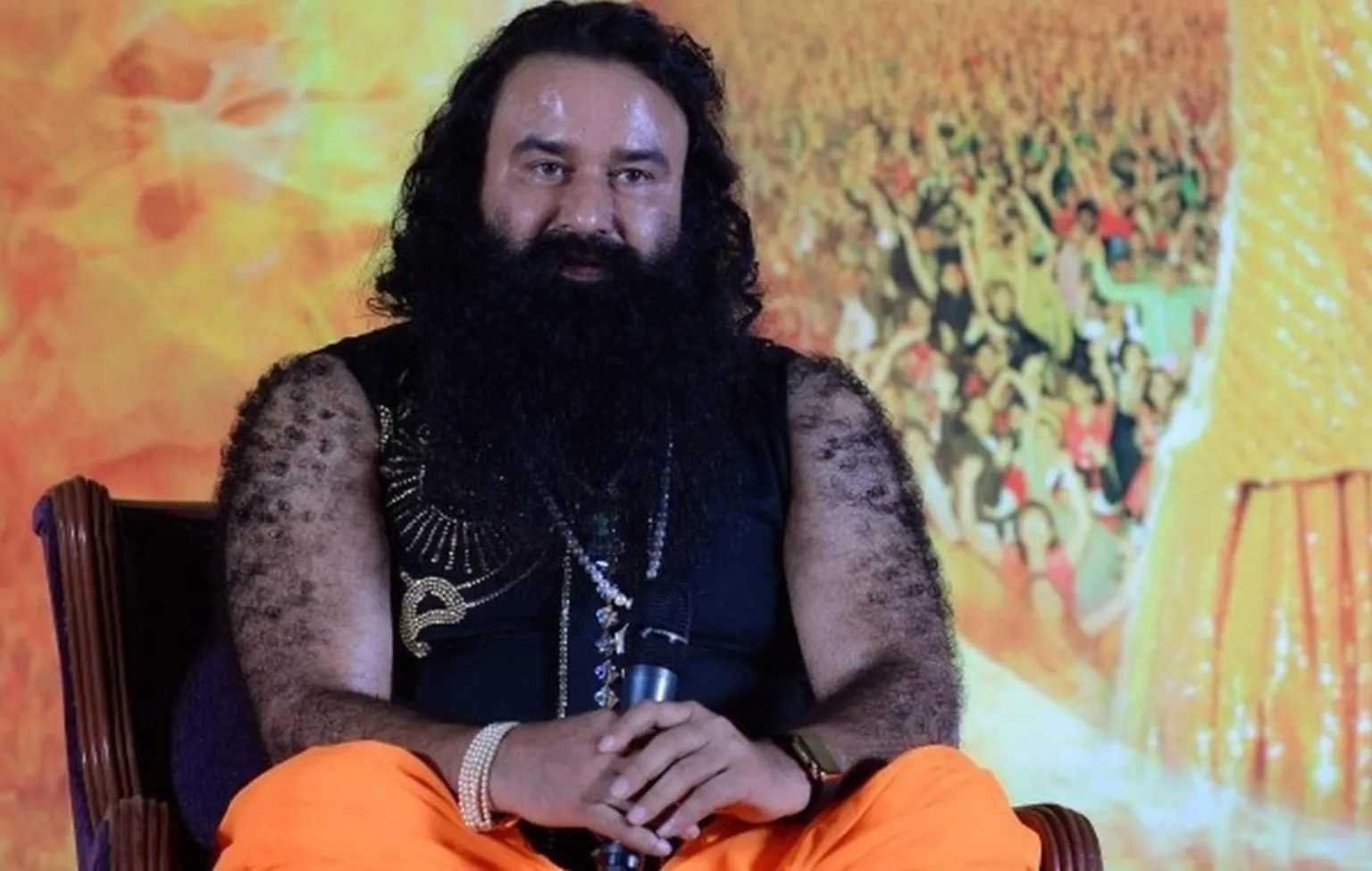The previous year brought us men who lied time and again about what they did and how they did it. The giant man lied the most. All these lies had to reach out to those who uphold the ideals of liberty, sovereignty, dignity and slight integrity.
How could that be made possible?
Social Media Is The Straight, Short Answer.
From abrogation of Article 370 to Citizenship Amendment Act, lies have been built in a certain way, through common sense, common consent and easy logic. Social media became home to all types of minds and ideas. Therefore brewing of fear became simpler.

Interestingly the concept of cyborg, as explained by Donna Haraway, talks about a cybernetic organism, a hybrid of machine and organism, a creature of social reality as well as a creature of fiction. The cyborg is a matter of fiction and lived experience that changes what counts as women’s experiences in the late 20th century. This is a struggle over life and death, but the boundary between science fiction and social reality is an optical illusion. The assertion as put across in the theory is that by the late 20th century we were all chimeras, theorized and fabricated hybrids of machine and organism, in short cyborgs.
In this border war between organism and machine have put in stake the territories of production, reproduction and imagination. The cyborg stands for a higher unity, a unity beyond the margins of gender, alienated labour, pre-oedipal symbiosis or other seductions to organic wholeness. Unlike the hope of Frankenstein monster, the cyborg does not expect its father to save it through a restoration of the garden, that is through a fabrication of a heterosexual mate, through its completion in a finished whole, a city and cosmos. Initially, the assumption was so that social media is a means to escape from the real, practical world.
This common sense is formed of surveillance, social contexts, communication formats and information technology. All of these reflect on the types of social activities that people do. What is seen here is a construction of a form of logic which impacts decision-making which therefore sets a larger political agenda.
However, the number of people scrolling down their different pages on a usual metro compartment of a metropolitan city challenges this assertion. David L. Altheide, in his paper on media logic analyses the kind of common sense which is applied in everyday life. This common sense is formed of surveillance, social contexts, communication formats and information technology. All of these reflect on the types of social activities that people do. What is seen here is a construction of a form of logic which impacts decision-making which therefore sets a larger political agenda.
Fear Of Missing Out
Self-determination theory, a macro-theory of human motivation provides a useful perspective for framing an empirically based understanding of FoMO. Research focused on the motives underlying social media give additional reasons to expect FoMO linked to deficits in mood and satisfaction with life drive social media engagement indicates that avoiding negative emotional states such as loneliness and boredom compel Facebook use. The conclusion somehow is so that Fear of Missing Out could serve an important role in linking individual variability in factors such as psychological need satisfaction, overall mood, and general life satisfaction to social media engagement.
This modern image of the media also explains the trajectory of the Trans bill, or rather of its failure. Because time is limited, people miss out on potentially rewarding experiences made salient by social media use.
The result as analysed by the writers explored that FoMO was negatively related to age and correlations showed that males tended to report higher levels of FoMO. Simple slopes analyses indicated that the gender difference observed in the levels of FoMO was in evidence only for younger participants. In other words, younger participants and younger men in particular, tended to report the highest levels of FoMO. In older people, no such gender difference was available. Social media utilities have made it easier than ever to know what one’s friends, family and acquaintances are doing, buying and talking about.
This modern image of the media also explains the trajectory of the Trans bill, or rather of its failure. Because time is limited, people miss out on potentially rewarding experiences made salient by social media use. This double-edged quality of social media, where on one hand connections are becoming easy and on the other such an analysis is present, has driven popular interest in and increased speculation about the nature of fear of missing out.

Violence became an evident narrative in the previous year and through the ideas of common sense and logic, normalization became easier. What was said to be in favour of communities was really not in favour of those communities. Consent as understood in mainstream terms refers to an instinct which occurs with or without prior knowledge also keeping in mind the present situation a person is in. The kind of fear that I am talking about is the fear of not being able to acknowledge that there is a kind of power structure that functions here.
Was consent involved during the process of consent seeking?
For Walter, the fact of women’s increased presence in the public domain is evidence of power. The point of observation here is that these women’s power is still mediated through those who act as figureheads to the real operations of power. Isn’t that was evident in the Jamia-wala movement? The obvious examples being the women parliamentarians who are subject to the masculinist culture of Parliament.
However, social media too takes a form of power which rests on the premise of gendered divisions and gender stereotypes. Therefore, during the construction of a strong images of girl students, inbuilt phobias were encouraged as fingers scrolled through blockbuster news pieces and history readings. Social media is an extension of a sexualized from of language which develops emotional unavailability and disregard to mental health. Exactly what the state demanded, quite literally from Kashmir and from Hyderabad.
Fear is a new game in this regime. For us to be able to breathe through this, the tragedy has to be learnt.
References
- Media Logic, Social Control And Fear by David L. Altheide
- Computers In Human Behaviour by Andrew K Przybylski, Kou Murayama, Cody R DeHaan and Valerie Gladwell.
- A Cyborg Manifesto: Science, Technology, And Socialist-Feminism In The Late 20th Century by Donna Haraway
Chaitali Pant is pursuing her master’s in Gender Studies from Jamia Millia Islamia. She reads to write narratives on politics, literature and cinema. In the process of delivering the best that she can, she continues to fight against patriarchy and privilege in times where power structures are performing funnily enough for students to become what the state does not want. Stage, to her is where the drama begins and it is where her tragedy was questioned and given birth to at the same reasonable time. You can find her on Facebook, Instagram and Twitter.
Featured Image Source: Business Standard




